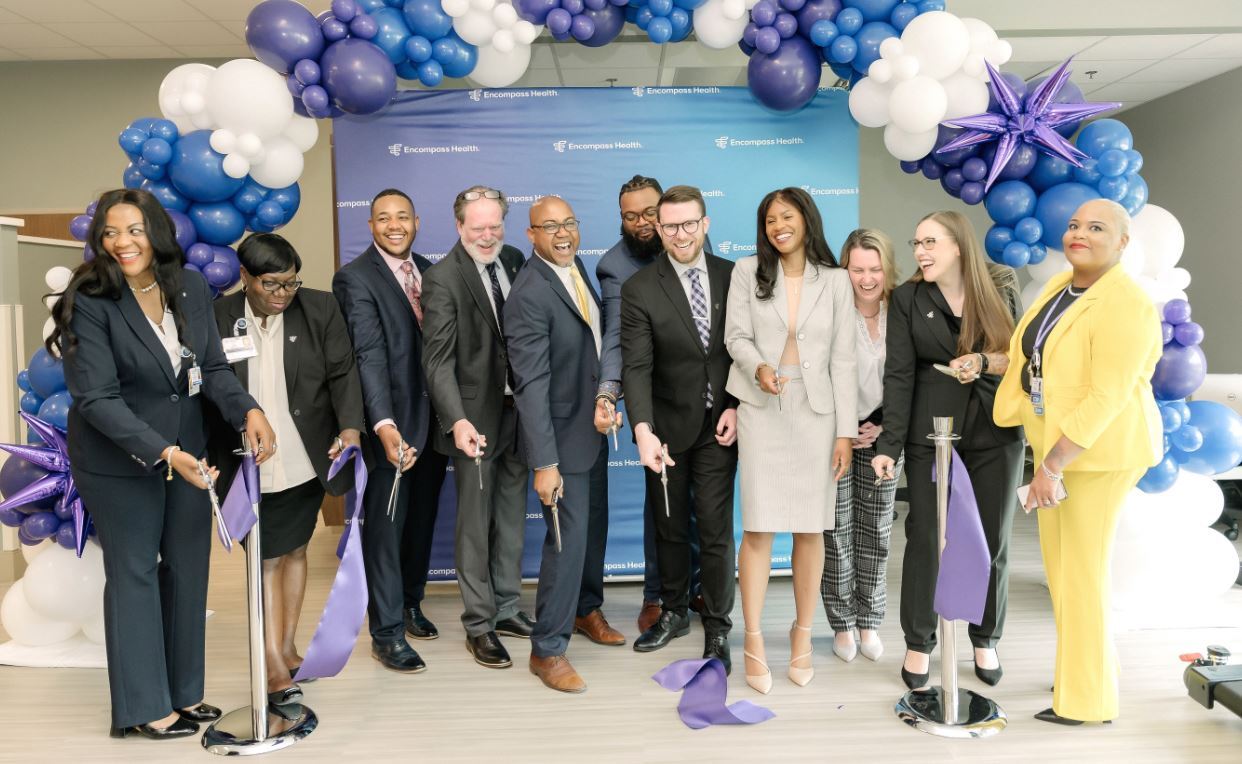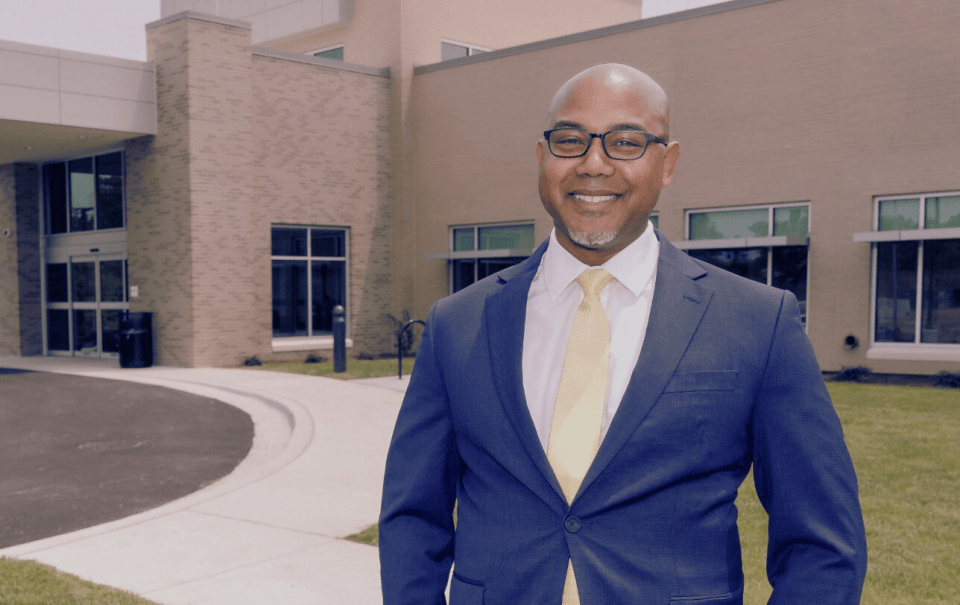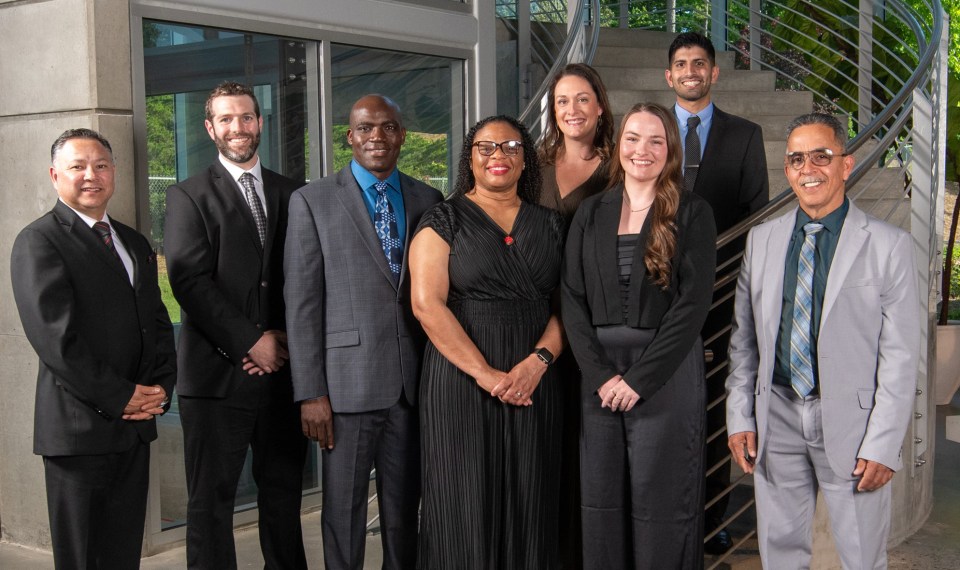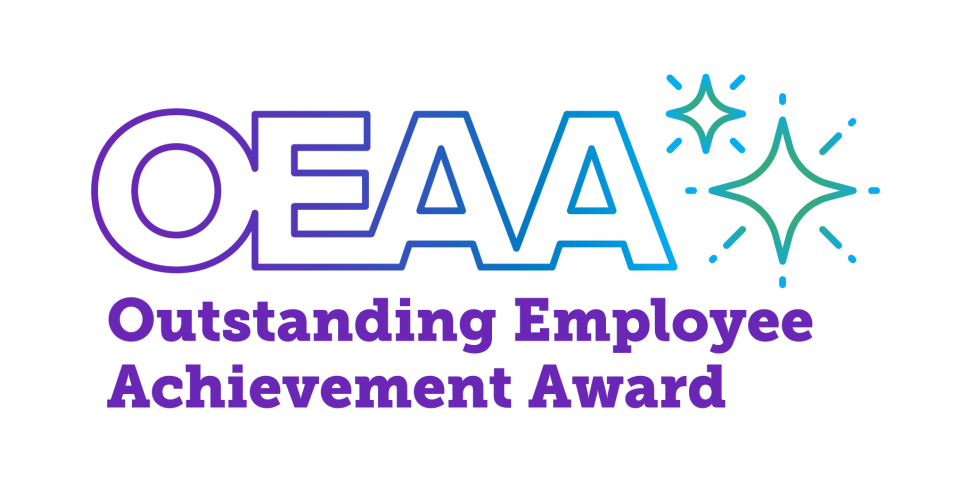When your mother, father, sister and a slew of other relatives are nurses—you just might become one, too. That was the case for Joseph Williams, who became a licensed practical nurse (LPN) at age 21 and fell in love with the healthcare profession.
Williams soon began an RN degree program and worked in medical-surgical nursing while in school. He later worked in oncology and hospice but found it difficult to see patients return with a cancer progression and even harder to lose patients he’d created bonds with. Understanding the mental toll that oncology and hospice can take on any nurse, he was looking for a change. That’s when he heard about Encompass Health through a former colleague who had recently joined the company.
The Switch to Inpatient Rehabilitation
After changing jobs every few years for the past decade, Williams found a solid landing place at Encompass Health Rehabilitation Hospital of Northern Virginia when he joined as a nurse supervisor in 2013. (Spoiler alert: He’s now been with the company more than 10 years.) He admits that working in the inpatient rehabilitation facility (IRF) setting presented new but enjoyable challenges.
“I was accustomed to doing everything for my patients. It’s help, help, help all day long. But not in the IRF setting. Part of your job is empowering patients to be independent. You need to be as much of a cheerleader as you are a nurse,” he said.
Williams committed to this specialty by earning the Certified Rehabilitation Registered Nurse (CRRN) credential. He took advantage of company-sponsored resources such as in-person CRRN exam prep courses and reimbursable exam fees. Nurses at Encompass Health who earn their CRRN are also rewarded with a one-time bonus and pay raise.
A Path to Hospital CEO
After two years as a nurse supervisor, an opportunity for advancement presented itself. It also helped Williams obtain a work-life balance that was right for him.
“At the time, my wife and I were expecting our third child. I needed a position where I could be at home at night with my family. That’s when I was encouraged to apply for the director of quality and risk management (DQR) position,” Williams said. “I had been performing quality audits for the nursing department, so hospital leaders felt I had potential to do well in that role.”
He landed the job. After three years as DQR, the CNO position became available. Again, Williams was encouraged to throw his hat in the ring. After all, he still had a great working relationship with the nursing team and was well-respected because of his tenure. Nearly four years after accepting that CNO position, Williams was approached about training to become a hospital chief executive officer (CEO).
“Our regional president was the first person who encouraged me to become a CEO. He told me about Encompass Health’s Developing Future CEOs (DFCEO) program and pointed out how I had influenced our hospital’s quality metrics and patient satisfaction scores. We were also doing really well at nursing engagement. I was humbled. I wondered if I was ready. Luckily, they provided great training,” Williams said.
During the next seven months, he transferred to UVA Encompass Health Rehabilitation Hospital in Charlottesville, Virginia, and temporarily performed the business development director (BDD) role. This was critical to helping him understand the hospital marketing function. Through the DFCEO program, he also learned more about the admissions process, budget preparations, human resources practices, pharmacy management, census maintenance and regulatory requirements—just to name a few.

Advice for Nurses Seeking Career Advancement
Williams was recently named CEO of Encompass Health’s Rehabilitation Hospital of Bowie in Maryland. To arrive at this place in his career, he leveraged advice he was given along the way. The first guidance is to follow your passion all the way to the top.
“If you have a natural curiosity for wound care or patient safety, for example, a quality or risk management role may be right for you,” Williams said. “How can you leverage your nursing background to make a difference in that space? Think about cross-training into a role where you can grow your knowledge of that subject. Your passion can be an inspiration for others.”
If you don’t know your niche, try your hand at different specialties or take a big-picture approach to understanding your company’s business model. This can help you figure out the right place for your talents. At Encompass Health, where there are industry leaders throughout the company, there are many potential mentors you can turn to.
“I was able to become the CPR champion and regional STOP II champion for our operating region, just because I showed interest. No one told me to stay in my lane or stick to what I know. There were many mentors who answered my questions, pointed me to helpful resources, and gave me the right advice at the right time,” Williams said.
Lastly, if you’re interested in hospital administration, make sure to do the internal work. It’s just as important as your education and training.
“You’ll need to be fair and consistent in all your interactions, whether it’s with patients, colleagues or your direct reports,” Williams said. “Don’t be afraid to admit when you don’t know something. Instead, show your commitment to finding the right answers when you realize you have a knowledge gap. We all make mistakes, so you need to be ready to learn from them. That will serve you well as a healthcare leader and in life!”
The content of this site is for informational purposes only and should not be taken as professional medical advice. Always seek the advice of your physician or other qualified healthcare provider with any questions you may have regarding any medical conditions or treatments.



